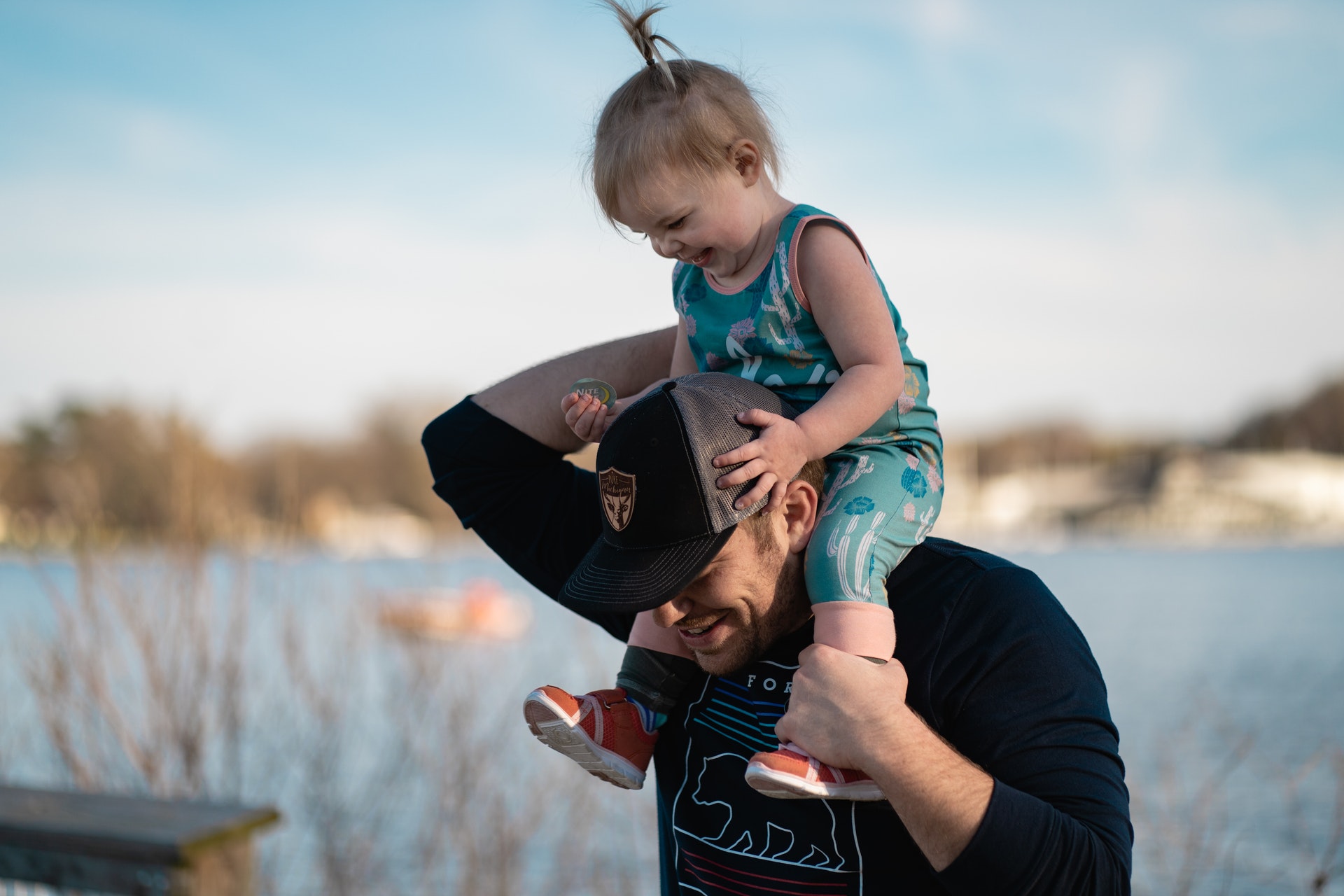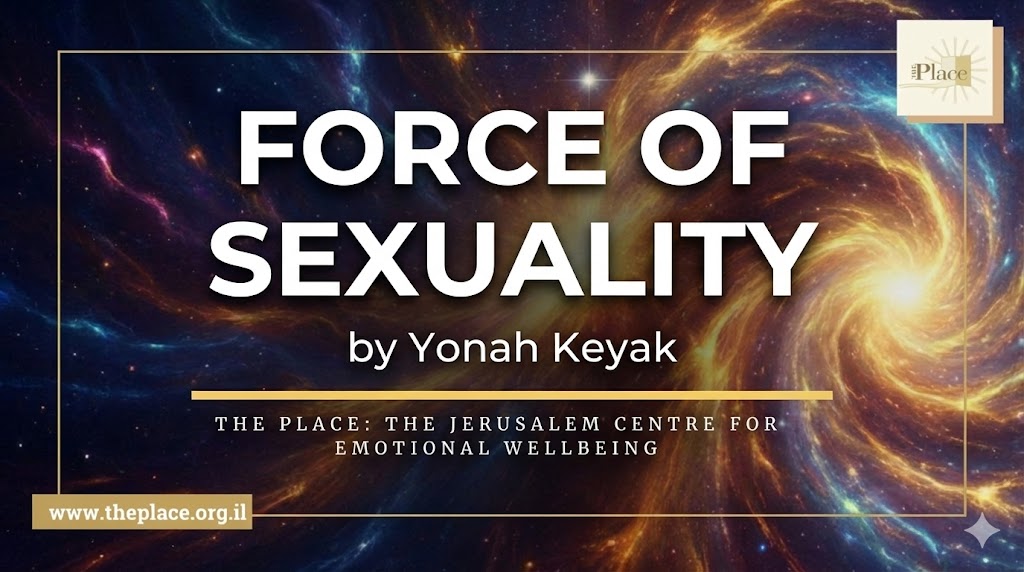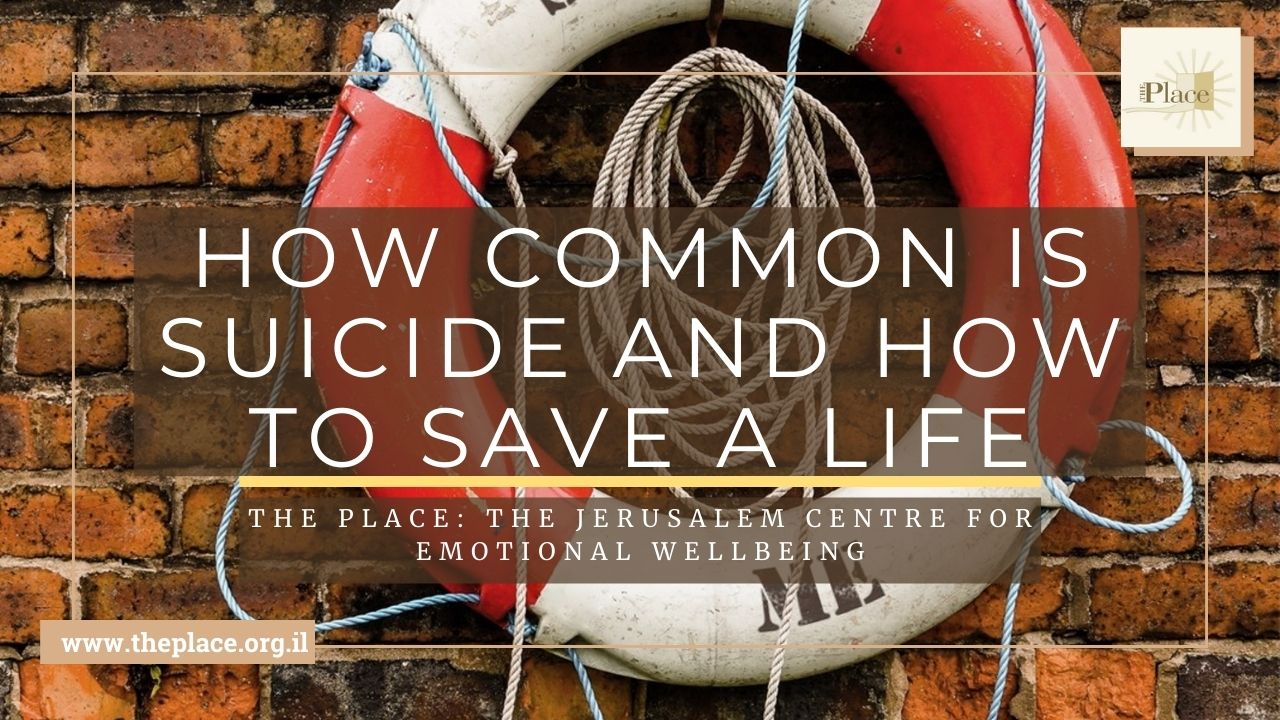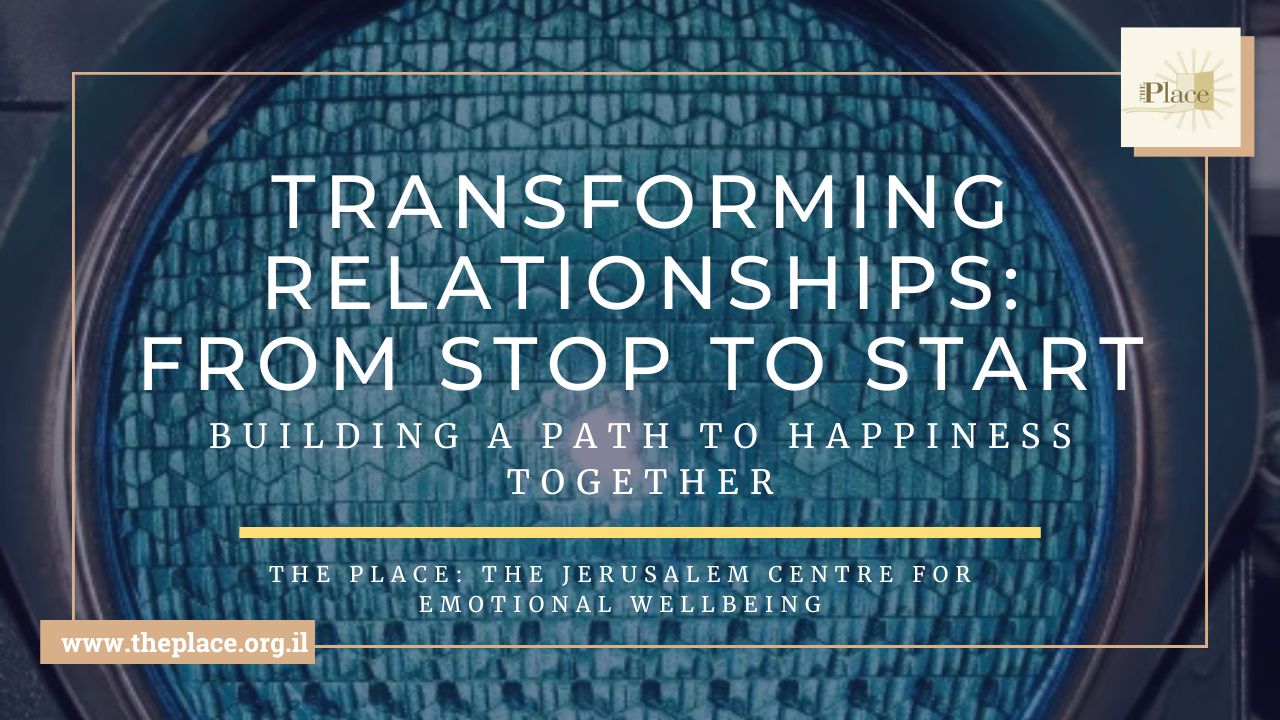Avi Gelfand, SW
In one of my classes, we were assigned a video presentation by Kelly Swazey. She is an anthropologist, and she married a man who was raised in Tana Toraja, which is a province located in Indonesia. In her presentation, she studies the culture of her husband’s origin and describes their interesting rituals and customs. Believe it or not, the culture is centered mainly around death. When a loved one dies, the family doesn’t immediately bury the body; rather, they continue to live with the body, incorporating their loved one into their daily activities. This is something that can continue on for many months, culminating in a festive celebration as they finally lay the body to rest. In Tana Toraja, death is not the end, and it is just the next stop of the journey. The children and grandchildren cultivate memories and express their love and feelings towards their loved ones beyond life.
While I am not suggesting that we create a movement to engage in such practices, I wonder if we can learn something from this culture. In our society, we are so uncomfortable with death. Now, of course, it is true that death is so final and leaves loved ones with gaping holes that are often beyond repair. This is, of course, one of the most uncomfortable sensations that a person can undergo. What I mean to reflect upon is that the topic is so avoided it is such a taboo. This is especially true when it comes to our children. We do everything in our power to prevent our sweet, innocent little angels from knowing that there is something called death. The only thing that they associate death with is the “death” they experience in video games, where they can just respawn as many times as necessary. Even if children are aware of death, they never imagine that this concept could apply to them or anyone that they know.
When G-d forbid a child faces loss, they are so shocked they have no real precedent for dealing with such a reality. They don’t have any tools in their limited and rudimentary arsenal to deal with such a reality. This is often coupled with the fact that their usual supports might be dealing with grief of their own or might be the ones that they are mourning over. Children often refuse to believe in such a reality and might live in denial for however long it takes their innocent little minds to let them come to that reality. It is crucial for the child to be allowed and encouraged to share their feelings in any way. The idea must not be shoved under the rug, and it must be strategically expressed in as simplifie and gentle as possible. This can include lighting a candle, looking at pictures, talking or praying to them.
I remember the night my nephews and niece were informed of their father’s (my brother’s) passing. My Sister-in-Law had them draw pictures of their father and what they remember. Then I took them out of the house to the toy store, where they all picked out toys that reminded them of Daddy.
Once the child comes to terms with this tough reality, often they may display feeling of sadness for a very long time. These feelings often spur up or intensify around occasions like birthdays or the anniversary of the day their loved ones passed. The other relatives should be sure to spend as much time as necessary with the child and make sure that it is abundantly clear that all forms of expressions and feeling are encouraged and very welcome.
It is important to keep in mind that every child reacts and grieves in their own way. I know that every single one of my brother’s children have all had their own independent journeys since their father’s passing. Some have been more bottled up; they have taken turns acting out at home or school. They have displayed anger and frustration, often unprovoked or seemingly overly reactive. All of these feelings and emotions should be accepted and supported appropriately. There is no linear step by step grieving process, and neither is there a usual amount of time. This is a process that can take as long or short or look as different from the next, each scenario depending on the individual child.
We love our children and will do anything for them. We want so badly, hope, and pray that they are never wronged. We want the best for them, for them to remain pure and innocent. This is the natural feeling that a parent has towards their little cuties. I would never suggest that we change this; this is one of the deepest desires an individual can experience and comes from the most incredible place. I am only suggesting that we trust our children a bit more, just to help familiarize them with the idea of death and also the idea that there is life beyond death. Teach our children that our loved ones never really leave us. They are always watching over us and there with us every step of the way. We can build resilience in our children, cultivating a strong backbone that can help them weather the darkest storms because, let’s face it, life is unpredictable.
I had one last thought, to end off. As we grow older and gain more life experience, we develop skills and tools to deal with life. Being an adult is usually associated with being more capable. This is, for the most part, true, except when it comes to loss. Loss is so final, it is so out of our hands, and experiencing loss is accompanied by an overwhelming feeling of helplessness. So, concerning loss, how much better off is an adult than a child? We are all, in a way, a “child” when it comes to losing someone we love






